Reflecting on some of the initiatives on the care of creation, Sr. Teresa Mulenga, a member of the Association of Women in Religious Institutes of Malawi (AWRIM) says, “We are working with the Catholic Women Organization nationwide. Our focus in care for the creation is to find alternative sources of energy with women who are the core in use of energy.”
“We are encouraging women to use other sources of energy apart from the use of wood and charcoal,” Sr. Mulenga says.
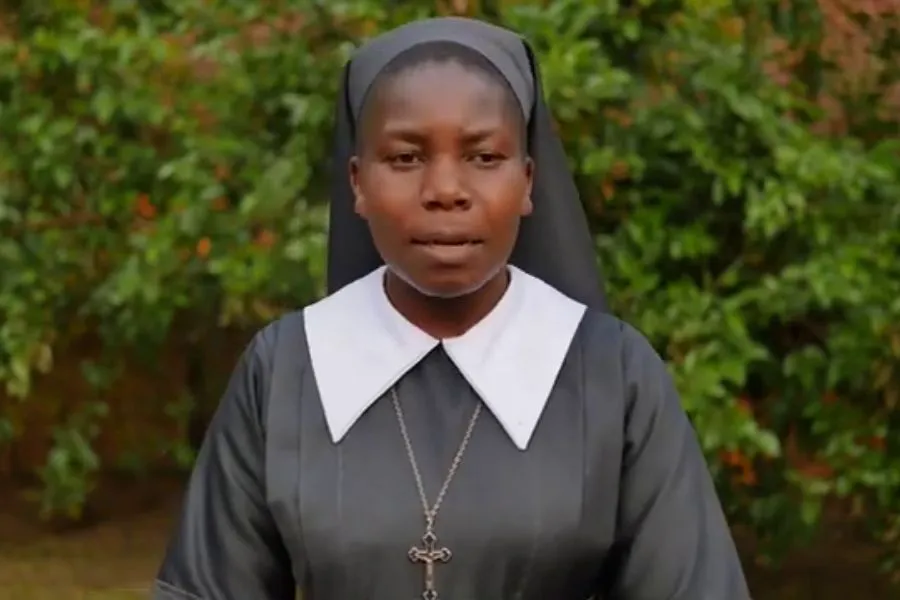 Sr. Teresa Mulenga. Credit: JCED Malawi
Sr. Teresa Mulenga. Credit: JCED Malawi
The Malawian member of the Sisters of St. Theresa of the Child Jesus (Teresian Sisters), who also assists in the office of Communication of her Religious Order highlights alternative sources of energy that can be used.
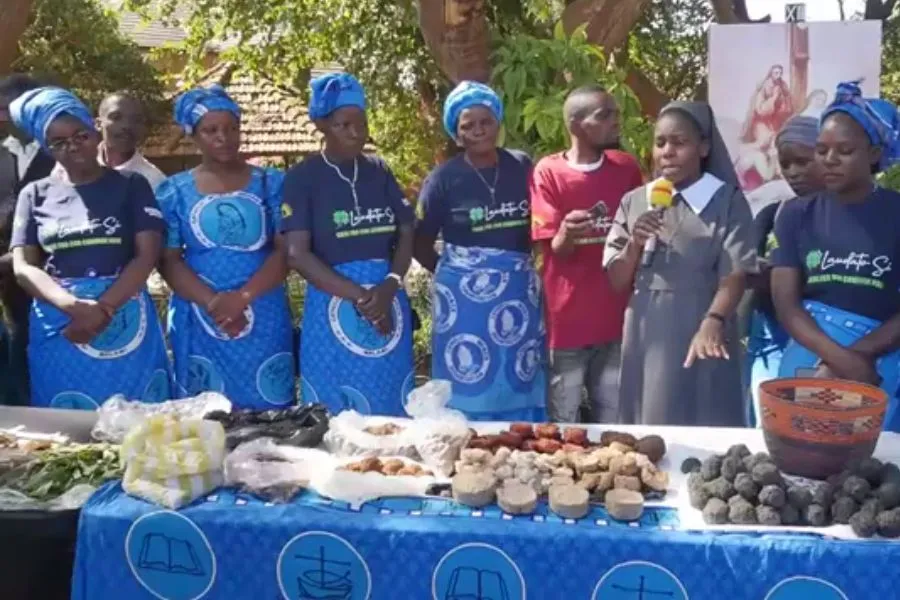 Credit: JCED Malawi
Credit: JCED Malawi
(Story continues below)
“We resort to using things like maize stalks, different stems, small stems, and even we use a lot of waste from the field like groundnut shells just to mention a few. From these we are able to make briquettes from leaves, even the shells, and even from grass,” Sr. Mulenga says, adding, “We are doing this deliberately to make sure that we care for mother earth.”
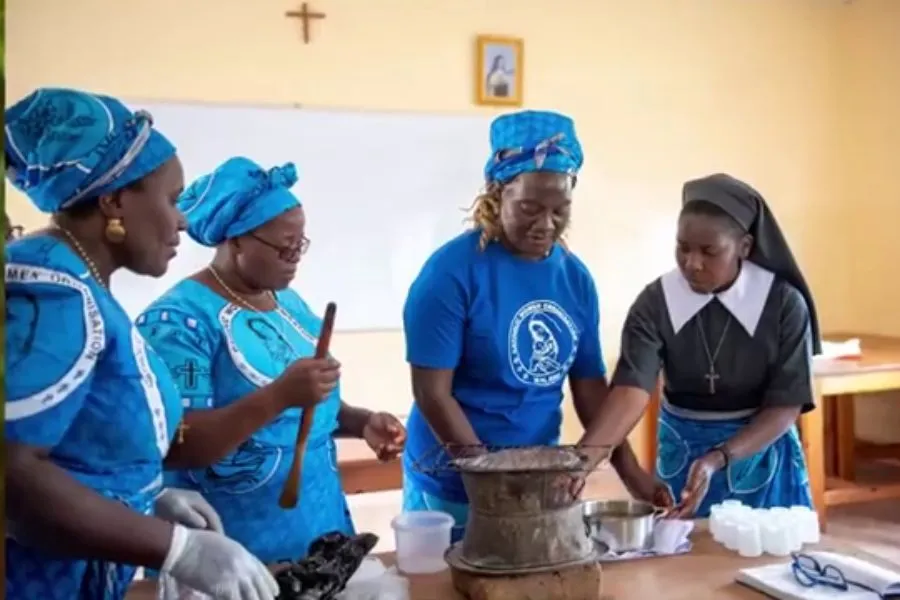 Credit: JCED Malawi
Credit: JCED Malawi
She continues, “We also train the women in making manure so that they refrain from using chemical fertilizers which are very destructive to our mother earth.”
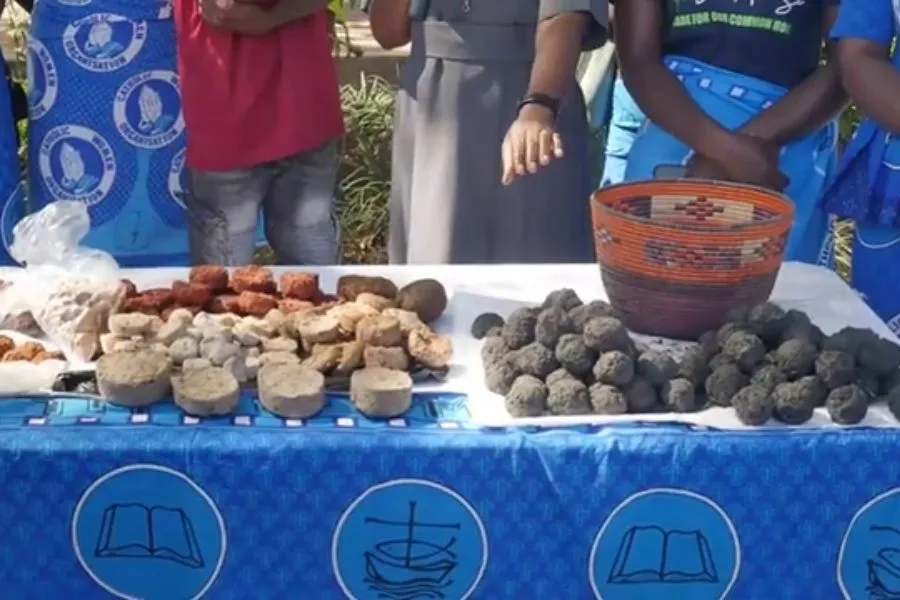 Credit: JCED Malawi
Credit: JCED Malawi
“The women are making their own organic fertilizer and this is what they are using to apply in their gardens,” the Teresian Sister says, and adds, “We are also encouraging them to have backyard gardens where they find food first, but it is also a way of caring for the environment.”
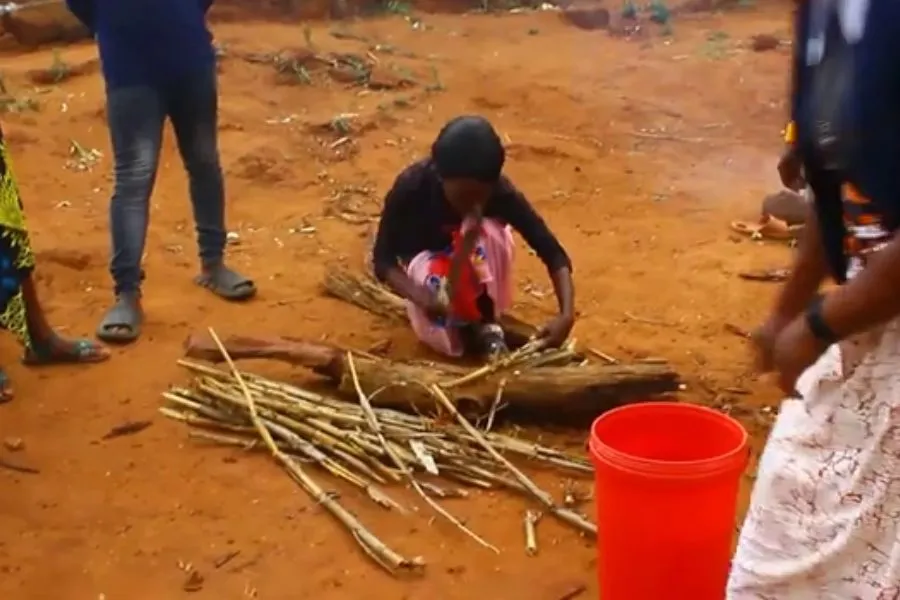 Credit: JCED Malawi
Credit: JCED Malawi
On his part, the Deputy Director of the Jesuit Centre for Ecology and Development (JCED) in Malawi makes reference to the second Encyclical Letter of Pope Francis that was published in 2015, Laudato Si’, saying, “Our encounter with Jesus Christ becomes evident in our relationship with the world around us.”
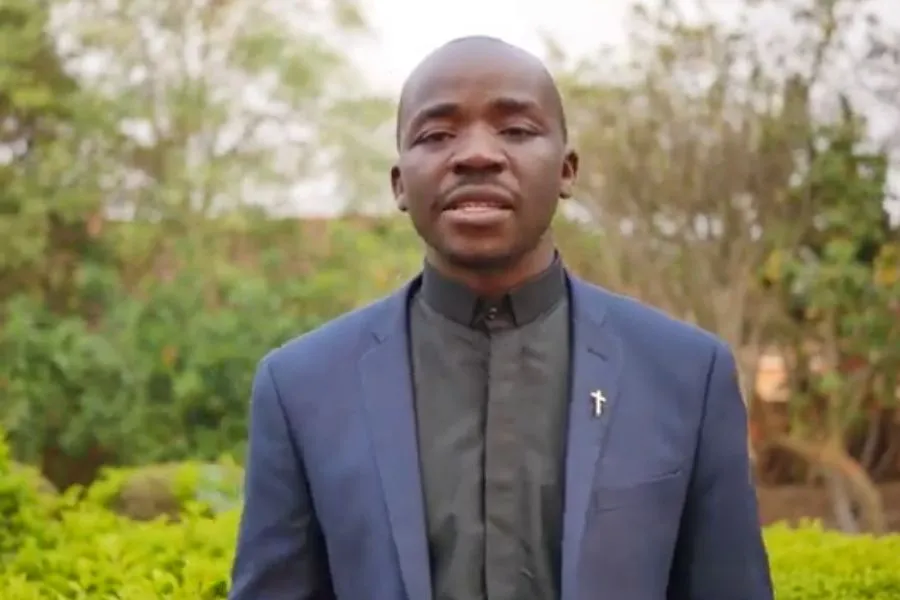 Credit: JCED Malawi
Credit: JCED Malawi
Br. Reuben Nazombe says that “someone who has encountered Jesus Christ the way they relate with the world around them should be very different,” and adds, “The ecological conversion means that it's a realization that our vocation as protectors of God’s creation is not an option or a secondary choice, but it is a core element of our Christian experience.”
Jude Atemanke is a Cameroonian journalist with a passion for Catholic Church communication. He holds a Bachelor’s Degree in Journalism and Mass Communication from the University of Buea in Cameroon. Currently, Jude serves as a journalist for ACI Africa.



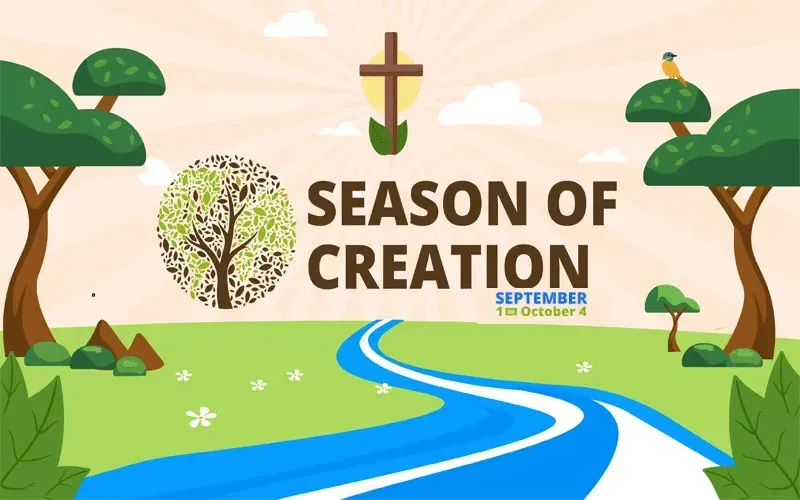
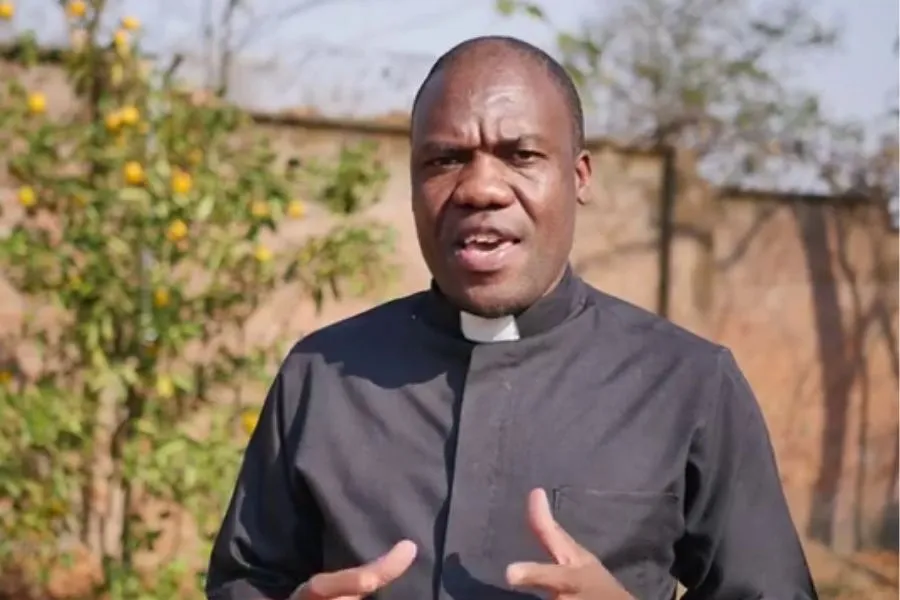 Fr. Francis Damaseke. Credit: JCED Malawi
Fr. Francis Damaseke. Credit: JCED Malawi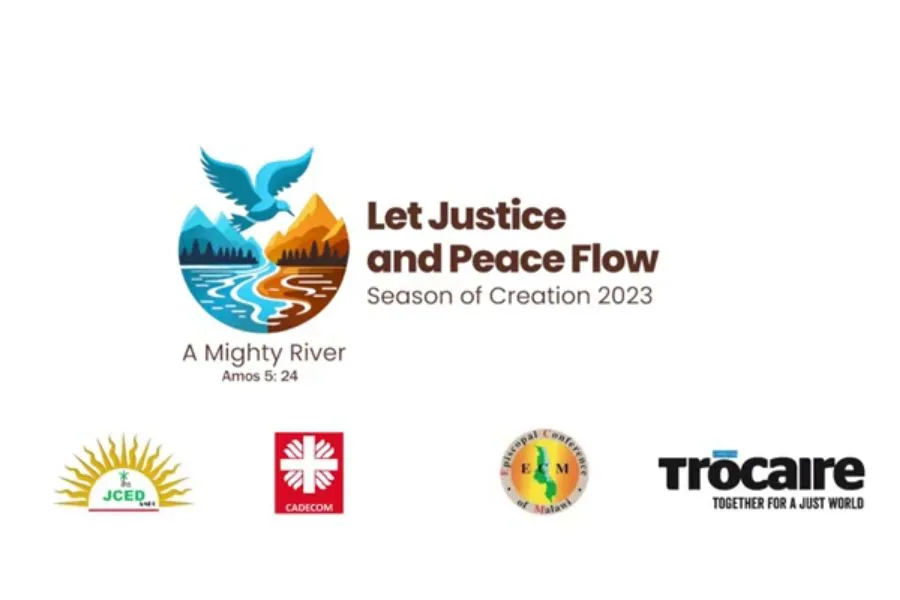 Credit: JCED Malawi
Credit: JCED Malawi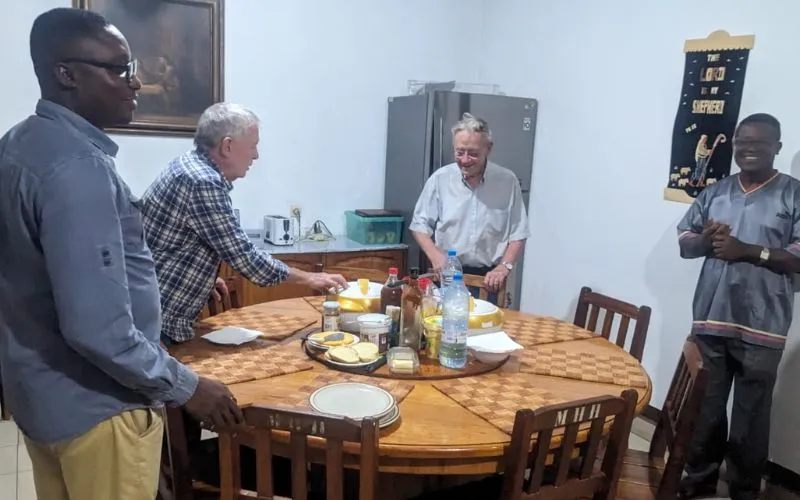
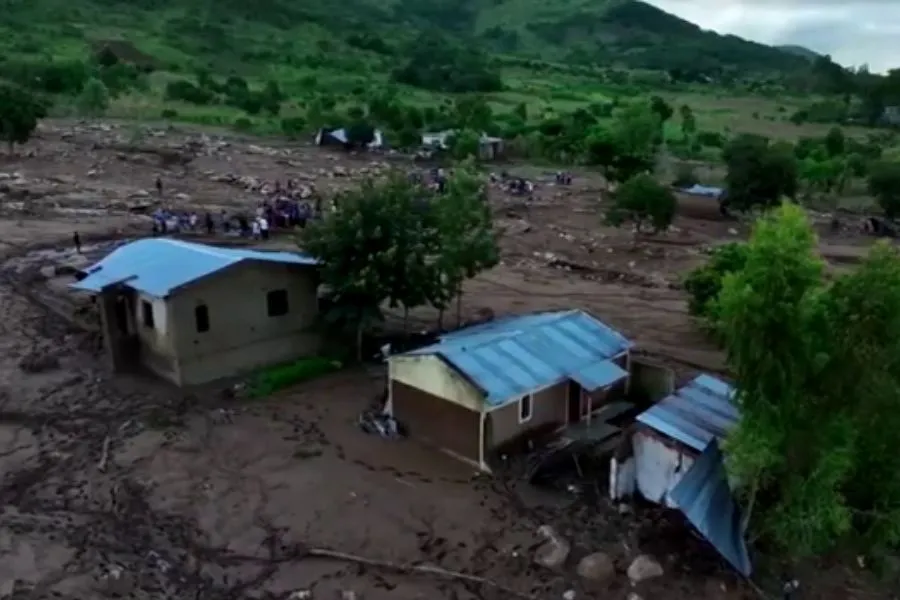 Credit: JCED Malawi
Credit: JCED Malawi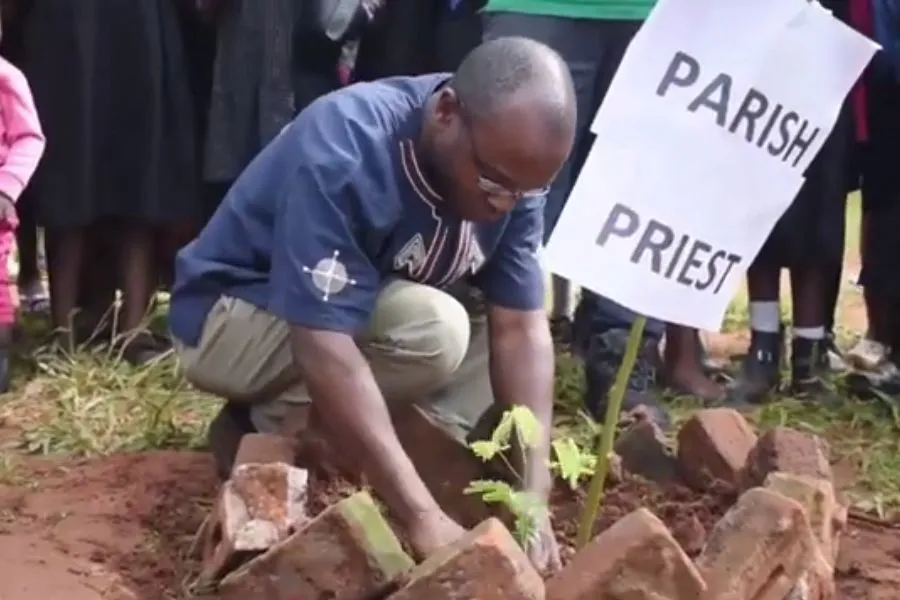 Credit: JCED Malawi
Credit: JCED Malawi Sr. Teresa Mulenga. Credit: JCED Malawi
Sr. Teresa Mulenga. Credit: JCED Malawi Credit: JCED Malawi
Credit: JCED Malawi Credit: JCED Malawi
Credit: JCED Malawi Credit: JCED Malawi
Credit: JCED Malawi Credit: JCED Malawi
Credit: JCED Malawi Credit: JCED Malawi
Credit: JCED Malawi


